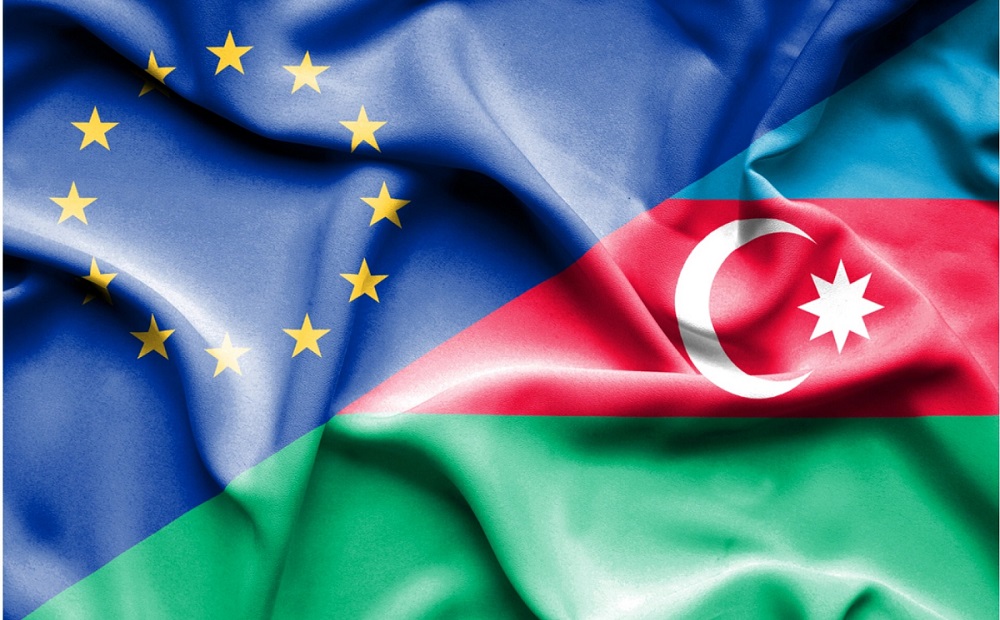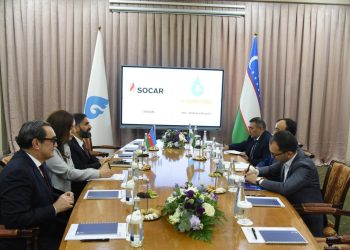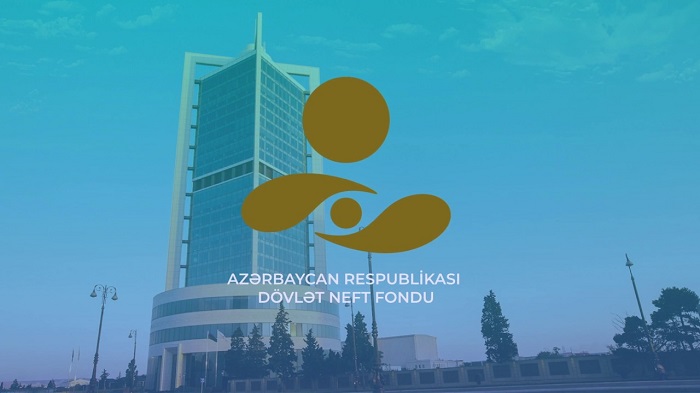The consortium developing Kazakhstan’s giant Kashagan oilfield will have to spend more than $3 billion to replace faulty pipes before output at the deposit resumes in the second half of 2016, a senior Kazakh official said on Wednesday.
Production at the Caspian Sea reservoir, the world’s biggest oil find in recent times, started in September last year but was halted just a few weeks later after the discovery of gas leaks in the $50 billion project’s pipeline network.
The Kashagan consortium will have to buy pipes adding up to a total length of 200 km (125 miles) to replace the entire network of the field’s oil and gas pipelines.
“To date, the contractors have already purchased 45 km (28 miles) of the pipelines,” Kazakh First Deputy Energy Minister Uzakbai Karabalin told reporters on Wednesday. “They bought them at their own risk … in order to speed up work.”
He said the consortium would start replacing the pipelines in spring.
A document issued by the Energy Ministry and obtained by Reuters last month estimated the cost of replacing Kashagan’s entire pipeline network at between $1.6 billion and $3.6 billion.
Karabalin said the cost of these works was likely to be at the upper end of this range.
“We estimate that, given the specification of steel, costs of production, delivery and speed, it is likely to exceed $3 billion, but I can’t tell you now by how much,” he said. “They (the consortium) have to provide (calculations) by the year-end.”
Asked when Kashagan could resume output, Karabalin said: “In line with the plans that are now discussed with the contractors, we have no new estimates other than the second half of 2016.”
He said the pipes would be bought from Japanese and German companies, but declined to give any detail.
Italian oil service group Saipem had originally been contracted to lay the existing pipeline network at Kashagan, using pipes supplied by Japanese companies Sumitomo and JFE.
Saipem said last week it was in talks with the consortium to lay two new pipelines that would replace Kashagan’s damaged pipes.
The Kashagan consortium includes Eni, Exxon Mobil , Royal Dutch Shell, Total, China’s CNPC, Japan’s Inpex and Kazakh state-run company KazMunaiGas.












